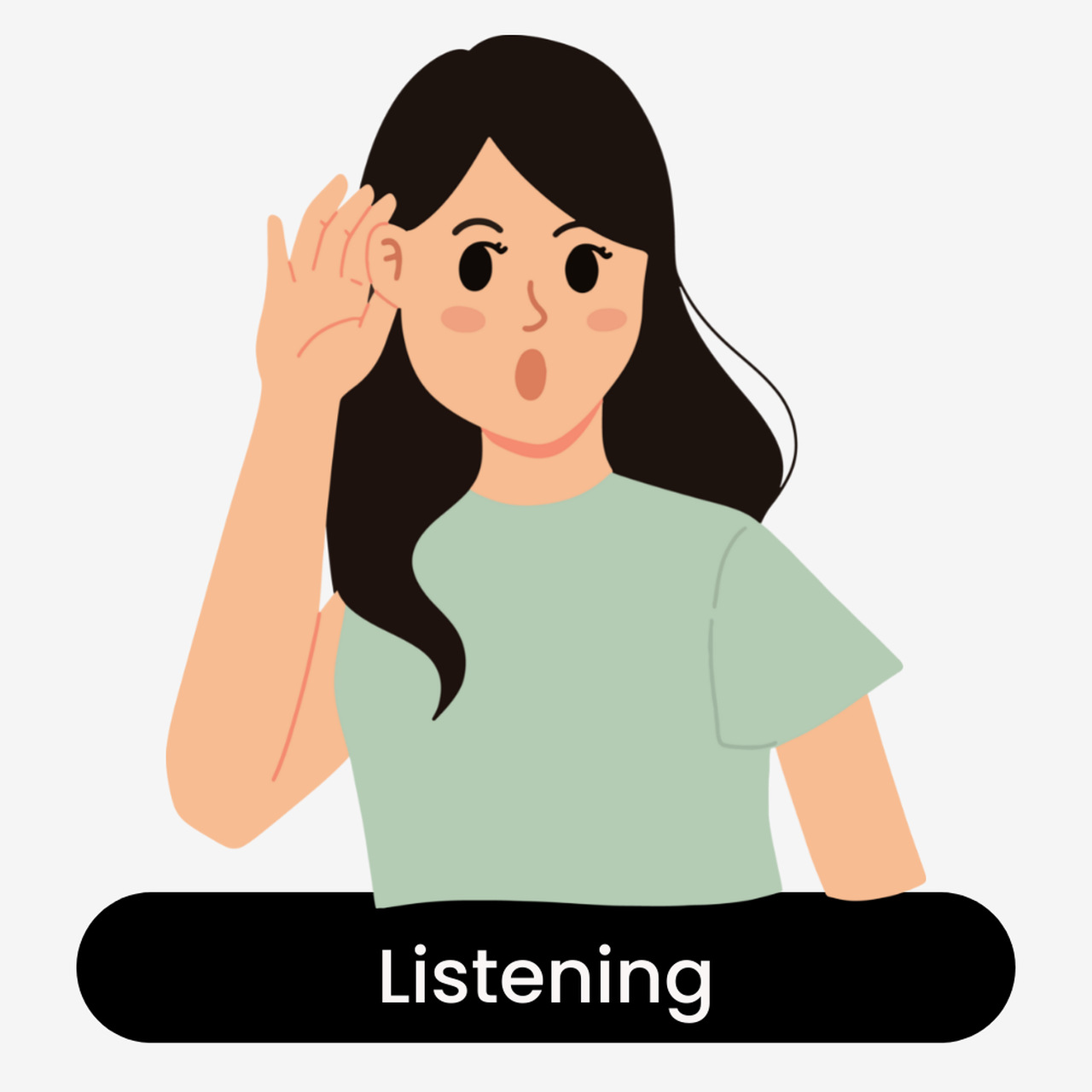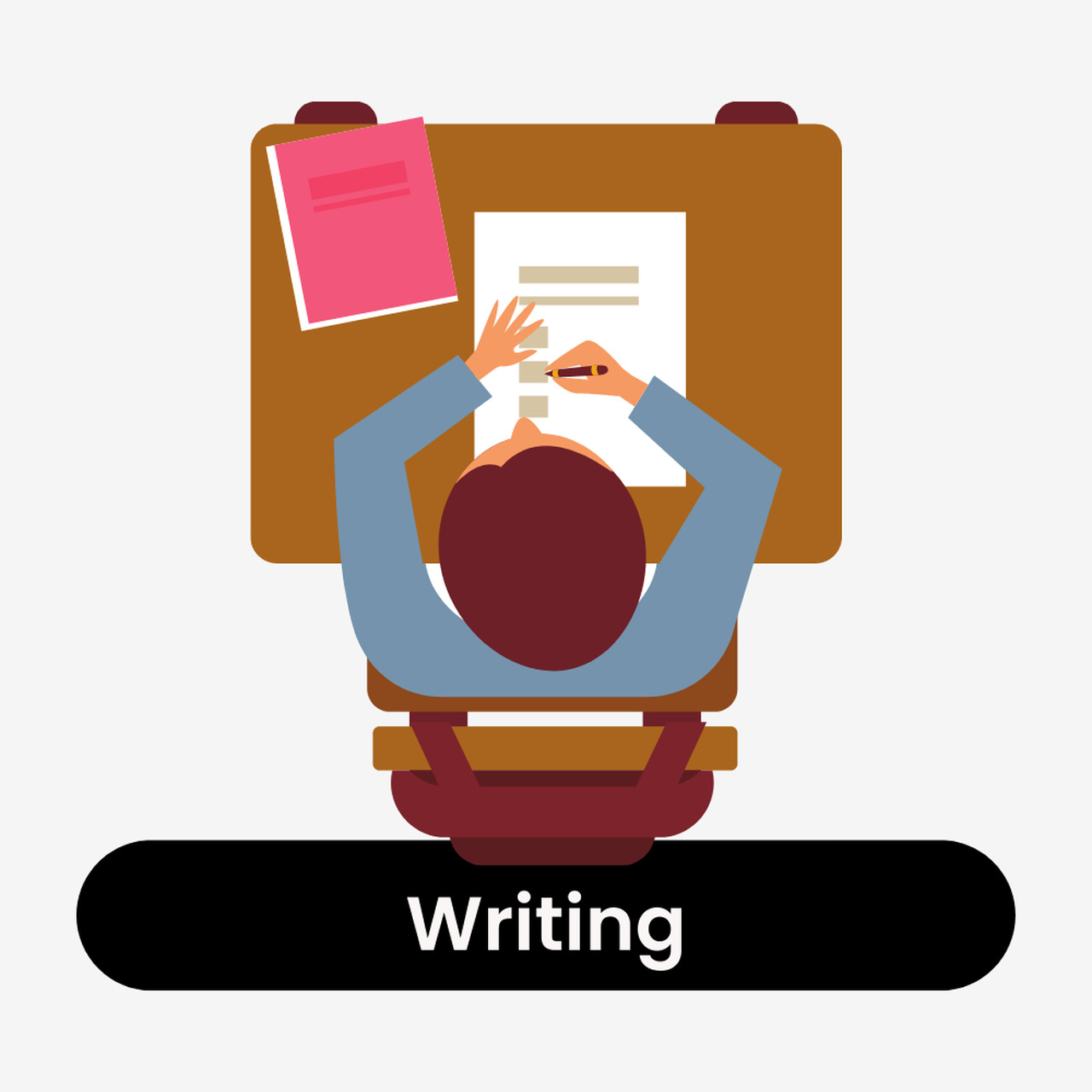IELTS Tips: How to Master Canada Language Tests for Immigration
Home » All You Need to Know About Immigration to Canada » IELTS for Canada Immigration: How to Master a Language Test
Why is Language Testing Important For Canadian Immigration?

Reason 1: It's Mandatory for Immigration to Canada
Language testing helps immigrant applicants show that they have the required proficiency in either English or French.
Language ability is one of the main criteria that Immigration, Refugees and Citizenship Canada (IRCC) uses to assess people who want to come to Canada as immigrants. That’s because communicating in English or French is essential for immigrants to participate fully in Canadian society.
Reason 2: It Can Increase Your Score and Chances for Success
High IELTS score can increase your CRS (comprehensive ranking score) and therefore your chances for immigration to Canada via Express Entry.
Reason 3: It Can Help You Prepare for Canada Better
Language testing is important because it allows potential immigrants to assess their language abilities and determine whether or not they need to improve their skills before applying to Canada.
If necessary, you can take extra language courses and prepare for your smooth and easy integration in the Canadian society.
Quick Links:
What is International English Language Testing System (IELTS)?

The IELTS test is an international standardized English language proficiency test for study, work, and migration purposes. It assesses the language abilities of people who need to use English for academic or professional purposes.
The test has two versions: Academic and General Training.
The Academic version assesses whether a test taker has the language skills necessary to complete an academic program taught in English successfully.
To prepare for the Academic Version of IELTS, it is important to familiarize yourself with the test format and to practice using academic language.
Many resources are available online and in books to help you do this. It is also a good idea to take a practice test under timed conditions to simulate the real test’s experience. With proper preparation, you will be able to demonstrate your English proficiency on the Academic Version of IELTS.
The General Training version assesses whether a test taker has the language skills necessary for daily life and work in an English-speaking environment. This test focuses more on everyday conversation, reading, and writing. You can prepare for the General Training IELTS by reading a variety of materials and becoming familiar with different types of language. Practicing speaking, writing, and listening would be best to improve your skills in these areas.
📝 How is the IELTS test structured?
Each version of the IELTS test consists of four components:
- Listening,
- Reading,
- Writing,
- Speaking.
Test takers must complete all four components to receive a final score.
✅ What is the IELTS scoring system? IELTS scores are reported on a 9-band scale, with each band corresponding to a different level of English proficiency.
Test takers who achieve a score of Band 9 are considered expert users of the English language, while those who achieve a score of Band 1 are considered Novice users. There is no pass or fail score on the IELTS test; test takers are given a band score based on their performance on each test component.
🍁 What is a good IELTS score for Canada immigration? ?
In order to successfully immigrate to Canada, you should score a minimum of 6 in each of the components (listening, reading, writing, speaking). This will correspond to CLB and would make you eligible for Express Entry program. Every candidate should try to pass the minimum and score as high as possible, to improve own chances.
🏢 Who organizes IELTS tests?
The IELTS test is administered by two organizations: British Council and IDP: IELTS Australia. Test takers can choose which organization to take the test with when registering for the exam. The IELTS test is offered multiple times per month at testing centers worldwide.
💻 How to sign up for IELTS?
Test takers can register for the exam online or through their local British Council or IDP office.
💰 How much does IELTS test cost?
The IELTS test fee varies depending on which version of the exam and which organization you take it with but typically ranges from $200-$250 USD.
What is Canada Language Benchmark (CLB)?

The Canada Language Benchmark (CLB) is the official standard the Canadian government uses to evaluate language proficiency for immigration.
The CLB consists of 12 levels ranging from Level 1 (lowest) to Level 12 (highest). Each level corresponds to a distinct level of language ability and includes descriptions of what an individual at that level can do with their language skills.
It is important to note that IELTS and CLB are two separate things with different aims. IELTS is a test that assesses language proficiency for study, work, or migration, while CLB is the standard that evaluates language proficiency specifically for immigration purposes.
Therefore, if you plan to apply for immigration in Canada, you should take the IELTS test and then refer to the CLB benchmarks to determine your language proficiency level.
IELTS Test Tips: General Advice

Before you begin studying for the IELTS for Canada immigration, it is important to become familiar with the format and content of the test.
The academic section is intended for test-takers who are planning to study at a university, while the general training section is designed for those who are planning to migrate to an English-speaking country. The listening and reading sections are the same for both academic and general training test-takers, but the writing and speaking sections differ depending on which section you are taking.
It is important to note that the IELTS is not a pass/fail test. Instead, you will be given a band score from 1 (non-user) to 9 (expert user).
Before taking the IELTS for Canada immigration, it is important to become familiar with the format of the test and any practice tests available. Taking a practice test can help you identify your strengths and weaknesses to focus your preparation on areas where you need to improve.
The IELTS is scored on a 9-band scale, with 1 being the lowest and 9 being the highest. Depending on your immigration goals, you will need to aim for a certain score to succeed. Familiarizing yourself with the IELTS scoring system can help you set realistic goals.
No matter what your current level of English is, there are many resources available to help you improve. You can use online learning tools such as IELTS vocabulary and grammar practice tests or enroll in an IELTS preparation course. Taking the time to hone your English language skills will go a long way towards helping you succeed on IELTS.
Finally, staying positive and confident on IELTS test day is important. Remember that you have spent time preparing for the IELTS, and give yourself credit for all the hard work you’ve put in.
IELTS Test Tips: The 3 Language Skills

IELTS Test Tips: Listening
Tip 1: Listen to English as Much As Possible
The IELTS Listening section tests your ability to understand spoken English. Therefore, it is important to familiarize yourself with the rhythm, speed, and intonation of native speakers before taking the IELTS. The best way to do this is by listening to English as much as possible, from movies and television shows to podcasts.
Tip 2: Don’t Let the Questions Distract You From Listening
When taking IELTS Listening, it is important not to let the questions distract you from listening. It can be tempting to focus on reading and answering the questions rather than listening to the audio. However, this can lead to missing important information or misunderstanding the question. It is best to focus on listening and answering the questions afterward.
Tip 3: Take Notes While You Listen
Taking notes while listening is an effective way to stay focused and ensure you don’t miss any key points. When taking notes, it is important to write down the key information and not get caught up in transcribing the whole conversation.
Tip 4: Double-Check Your Answers
Finally, make sure to double-check your answers before submitting them. IELTS Listening has a time limit, so it can be tempting to rush through the questions. However, it is important to take the time to double-check your answers to avoid any careless mistakes.

IELTS Test Tips: Reading
Tip 1: Understand the Types of Questions You Will Be Asked
The IELTS Reading section is divided into three sections, each with its own type of questions. It is important to familiarize yourself with the types of questions you will be asked so that you can practice for them in advance.
Tip 2: Read Carefully and Make Sure You Answer All Questions
When taking IELTS Reading, it is important to read carefully and answer all questions. IELTS Reading has a time limit, which can lead to missing important details or questions. Therefore, it is important to take the time to read carefully and make sure you have answered all the questions.
Tip 3: Use Process of Elimination When Unsure
When faced with multiple-choice questions, it can be helpful to use the process of elimination when unsure. By crossing off options you know are incorrect, it can be easier to find the right answer.
Tip 4: Double-Check Your Answers Before Submitting
Finally, make sure to double-check your answers before submitting them. IELTS Reading has a time limit, so it is important to take the time to double-check your answers to avoid any careless mistakes.

IELTS Test Tips: Writing
Tip 1: Read and Analyze IELTS Writing Questions Carefully
The IELTS Writing section is divided into two parts, each with its own type of question. It is important to read and analyze IELTS writing questions carefully in order to determine the best way to approach them.
Tip 2: Understand IELTS Writing Task Requirements
It is important to understand the task requirements when preparing for IELTS Writing. IELTS Writing has specific guidelines regarding length and language use, so you should make sure you are familiar with them before taking the IELTS.
Tip 3: Plan Your IELTS Writing Answers
Planning your IELTS Writing answers effectively ensures you stay on topic and include all the necessary information. It can be helpful to create a brief outline of your answer before beginning to write so that you have a clear idea of what points you need to cover.
Tip 4: Proofread Your IELTS Writing Answers
Finally, it is important to proofread your IELTS Writing answers before submitting them. IELTS Writing has a time limit, so it can be tempting to rush through the questions. However, it is important to take the time to double-check and proofread your answer for any errors or typos.

